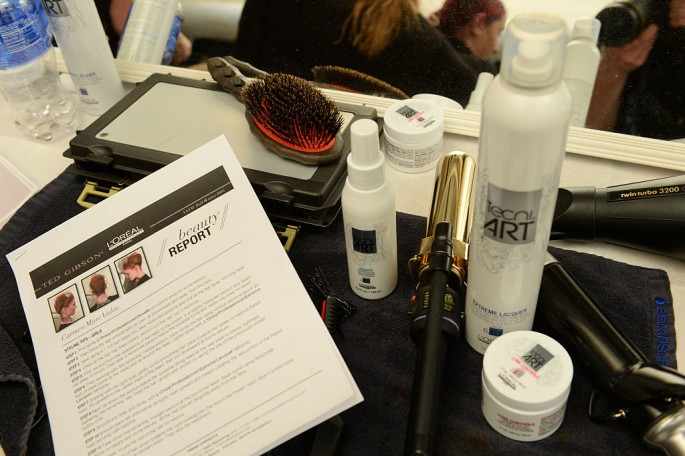It's a little surprising, but French cosmetics brand L'Oreal SA sells more products in China than in its home country, according to an article by China Daily.
Chinese sales rose to 14.96 billion yuan ($2.29) billion last year, said the company's chief executive officer Alexis Perakis-Valat in Shanghai on Thursday, Feb. 25.
He attributes the company's success to selfies, a phenomenon that has swept China, particularly women. Due to the craze, more women want to look good, increasing the demand for cosmetic products which make them look "instantly good."
Selfies have also affected the multi-brand make-up book, which increased L'Oreal's sales in China last year.
Despite the impressive numbers, the company's annual sales in China actually fell 3.1 percent from 2013. However, Perakis-Valat believes that China will become L'Oreal's number one market, replacing the United States.
L'Oreal entered the Chinese market back in 1996. Within nine years of operations in the country, the Chinese market has consistently ranked as one of the company's top markets, even rising to third place in 2010.
"In China, things are always bigger and faster," said Perakis-Valat, who didn't disclose any exact growth rates for particular types of sales in the country. Perakis-Valat also mentioned that China has been "really waking up to make-up" recently.
According to the CEO, Maybelline, a tough competitor, managed to sell 100,000 lipsticks in 24 hours during its Nov. 11 online shopping carnival. Rising e-commerce sales in China, which rose by 60 percent, are also helping the French brand increase revenue.
There has been no slowdown whatsoever for L'Oreal as well despite reports that China's overall luxury market is putting up a slugging performance in recent years.
Perakis-Valat believes that L'Oreal's products, including the brand's luxury face serums that cost around 600 yuan, will still find a loyal market in China, leading to solid and healthy growth.
While Perakis-Valat will continue to serve as L'Oreal's executive vice president in the Asia-Pacific region, Stephane Kinderknech has been appointed as the company's new CEO in China.






















